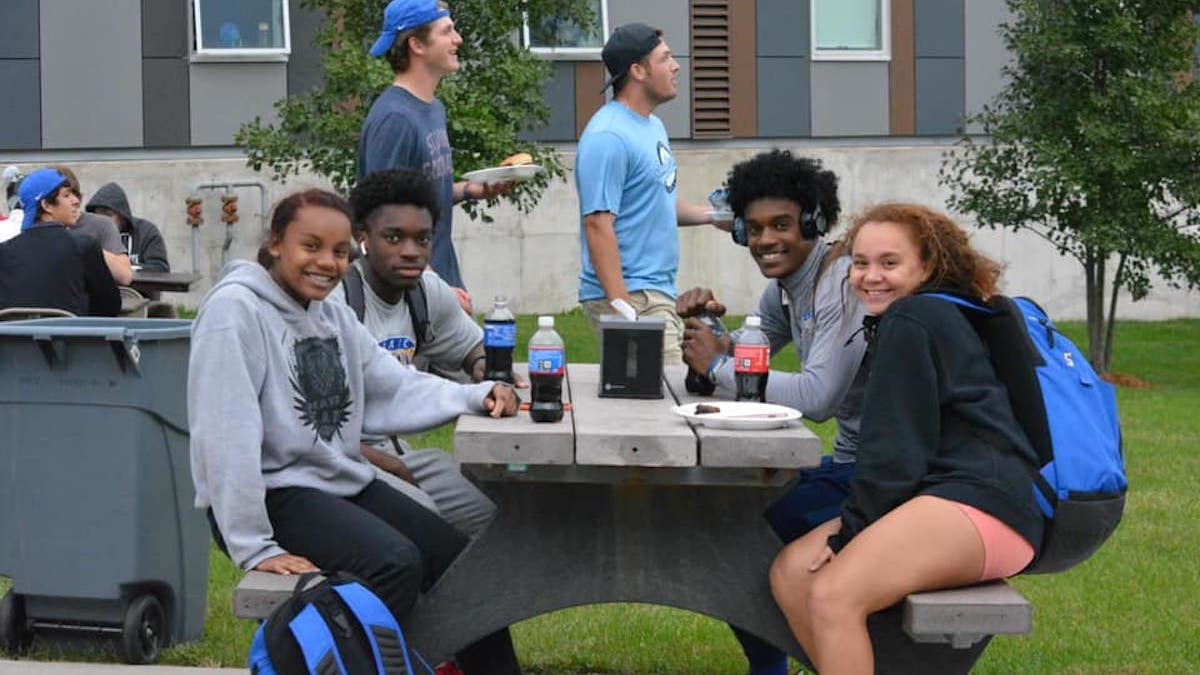NIACC students | Facebook
NIACC students | Facebook
North Iowa Area Community College's (NIACC) $15 million bond referendum recently passed with approval of 77% of voters.
The ballot question authorizes NIACC to issue a variety of bonds for renovations, repairs and improvements. The resulting increase to NIACC's tax levy will be 20.25 cents per $1,000 of taxable property value.
In the 11 counties that make up the college's region – Butler, Cerro Gordo, Chickasaw, Floyd, Franklin, Hancock, Kossuth, Mitchell, Winnebago, Worth and Wright counties – 5,964 voted for the ballot question and 1,772 voted against it.
Approximately $5 million to $6.5 million of the revenue from the bond is intended to go toward programs such as health care, advanced manufacturing, construction and information technology. In order to improve those programs, NIACC intends to invest in more equipment and work to have smaller classes and labs.
A portion of those funds will also go toward creating additional regional educational centers.
One of the goals is to draw high school students into the college and prepare them for needed positions in the North Iowa workforce.
Toward that end, regional education centers are intended to provide local students with quality career-related education within 30 minutes of every high school. To do that, the centers require similar equipment to what is available to students on campus.
The centers will provide classes targeted at students still in high school, enabling high school students to spend a portion of their educational day at the center. Those classes would also then help to prepare the students to move on to college-level programming.
Some of those classes may cover areas that would be inefficient for individual high schools to teach, due to low demand. Through the centers, the college and high schools would be able to pool resources to make the programs affordable for a combined pool of students.
The cost of a single center without program-specific equipment is approximately $2 million. In order to meet the college's goals, some funds will have to come from local school districts working in partnership with NIACC.




 Alerts Sign-up
Alerts Sign-up